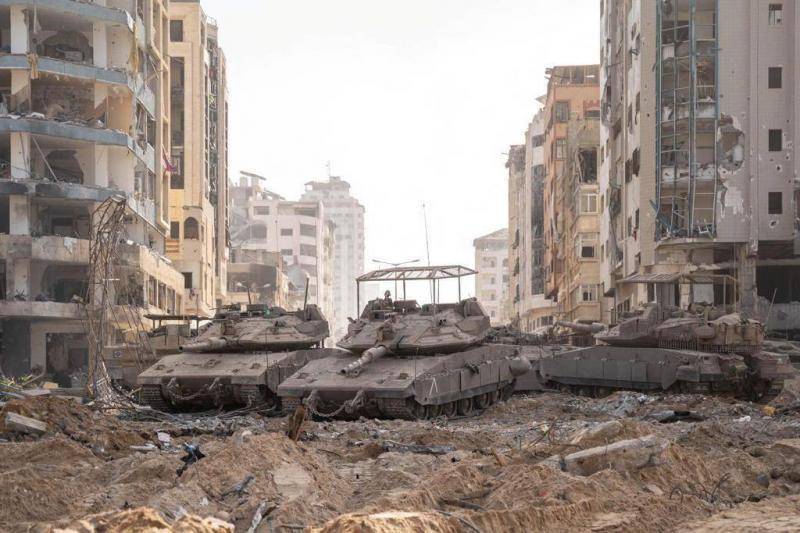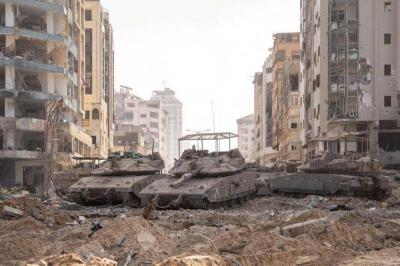Efforts have so far failed to reach a new ceasefire agreement between the Israeli army and Hamas in the devastated Gaza Strip, with negotiations stalled in Doha. In its latest position, Hamas indicated that "the movement's leadership is conducting a negotiation battle no less fierce than the battlefield." It stated, "We insist on halting the aggression and withdrawing from Gaza while ensuring the return of the displaced, especially in the north, and we will not release the Israeli prisoners until we achieve a full ceasefire." The movement affirmed that "the challenges are significant, the danger to Gaza persists, and we are in an open battle that is unavoidable."
In recent developments, Israeli media reported that "the war council will meet tonight to discuss developments related to the hostage exchange agreement." In this context, the Hebrew website "Walla News" quoted senior officials saying that "the main issue leading to the deadlock in negotiations was Hamas's demand for the complete return of the displaced to northern Gaza." It added that "following the explosion witnessed in the Doha negotiations, Israeli and American officials clarified to Qatar the necessity of pressuring Hamas to agree to the deal as soon as possible." The report continued that "the United States, Qatar, and Egypt view the current situation as a temporary halt in negotiations and expect them to resume within a few days."
Additionally, the Israeli newspaper "Yedioth Ahronoth" noted that "mediators are considering means of pressure on Hamas," adding that "two members of the Israeli delegation remained in Doha." It mentioned that "following Hamas's decision to reject a compromise solution, Israel decided to recall the negotiating delegation from Qatar while keeping important representatives." It revealed that "the United States will present an additional proposal in the coming days."
Prime Minister Benjamin Netanyahu faces criticism in the cabinet that he did not act as a horse galloping toward the deal. An Israeli political source stated, "Sinwar does not want a prisoner exchange deal." According to the Hebrew newspaper, "Netanyahu is sabotaging opportunities to release the hostages, and the security establishment finds it difficult to remain silent on this matter." Estimates suggest that only 60-70 of the Israeli hostages are still alive. Their release has become more urgent than ever, but negotiations regarding the deal are exhausting and full of landmines.
Meanwhile, Israeli Channel "12" reported that Israeli security officials told Egyptian mediators that Israel would not offer new concessions to advance the negotiations and hinted that the ground operation in Rafah would occur after Eid al-Fitr—at the beginning of April or at the latest the beginning of May. According to the Israeli newspaper "Maariv," and sources familiar with security matters, "Israel will soon begin carrying out field operations to facilitate ground entry into Rafah, and the ground operation there will last between four to eight weeks at most."




